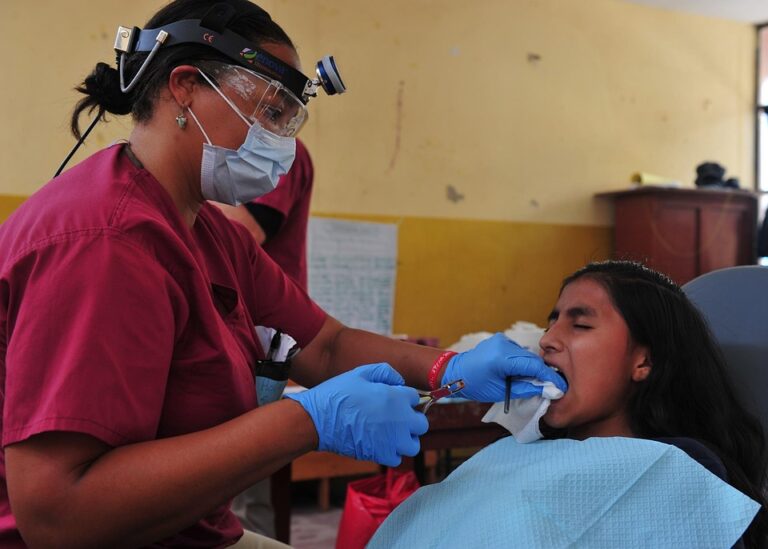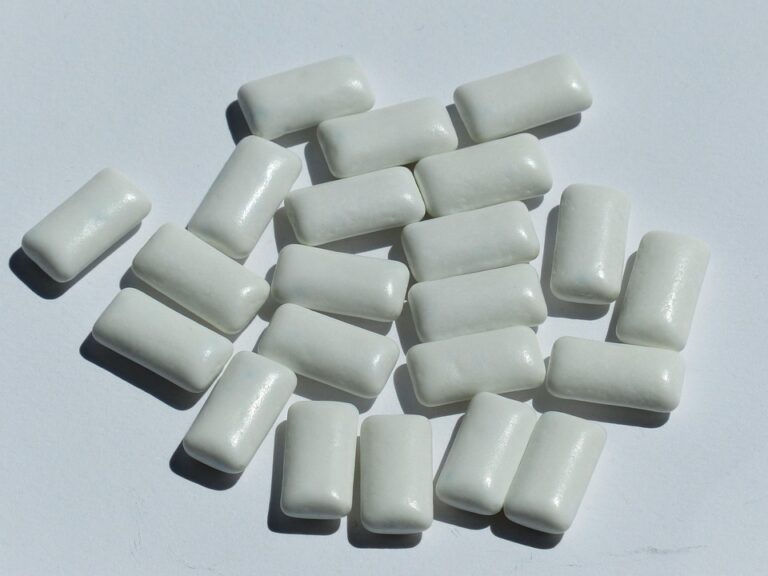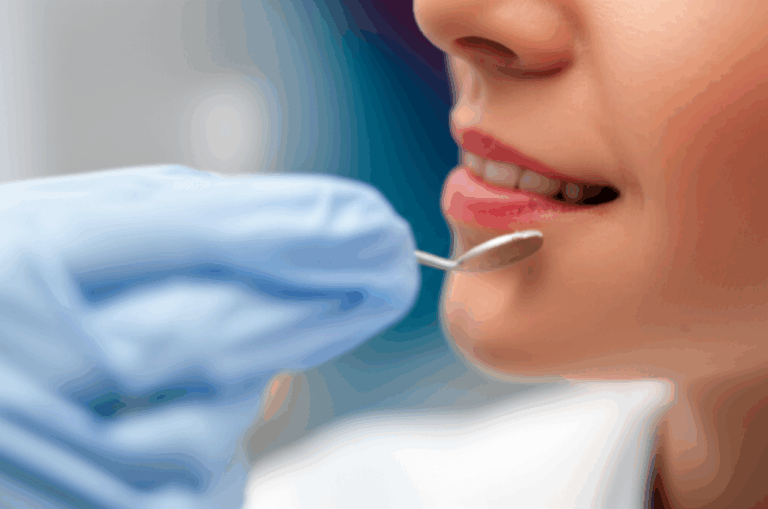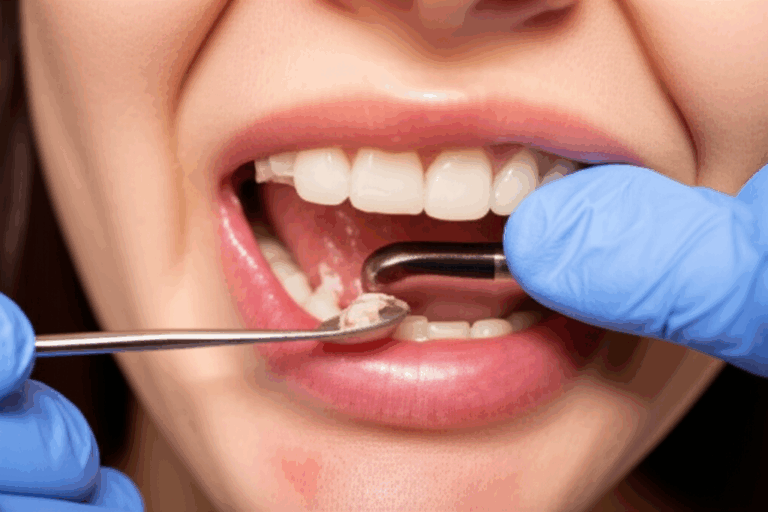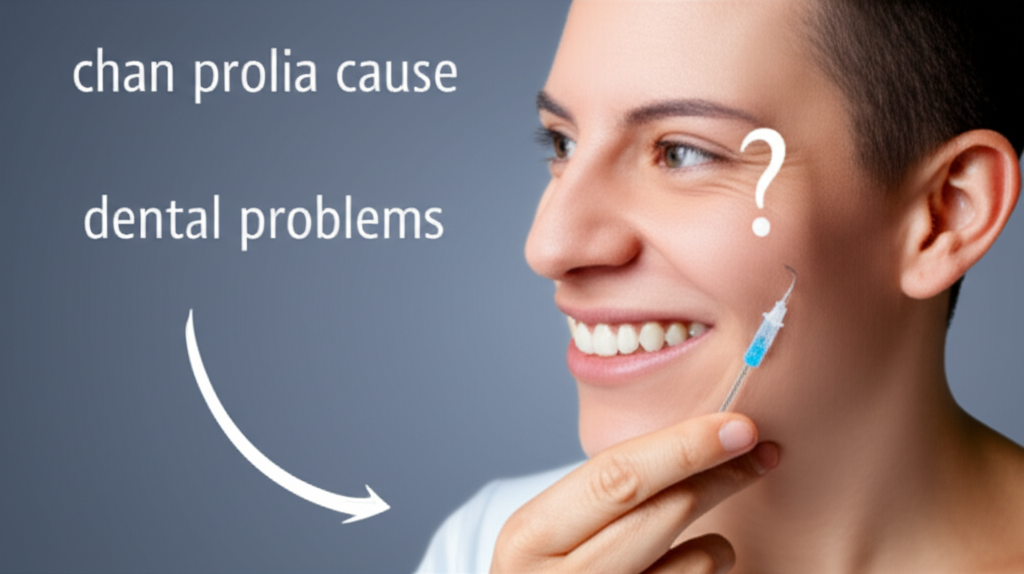
Can Prolia Cause Dental Problems? Understanding the Risks, Especially ONJ, and How to Protect Your Oral Health
Do you take Prolia or know someone who does? You might be worried about dental problems. You should be. Prolia, also called denosumab, helps keep bones strong and is used for osteoporosis or cancer-related bone loss. But it comes with a real set of risks, especially for your mouth and teeth. The most serious? Osteonecrosis of the jaw, or ONJ. This guide will explain in simple, clear words how Prolia affects your teeth and jaw, how you can spot problems early, and what steps you and your dentist should take to keep your smile healthy.
Table of Contents
- What is Prolia and why do people need it?
- Can Prolia cause serious dental problems like ONJ?
- How does Prolia work in the body?
- Who is most at risk for dental issues from Prolia?
- What is Osteonecrosis of the Jaw (ONJ)?
- What are the early warning signs of ONJ and how common is it?
- What other dental problems can happen with Prolia?
- How should you plan dental procedures if you take Prolia?
- What steps protect your teeth and jaw when using Prolia?
- Is there help from a dental lab for people on Prolia?
- Is Prolia or bisphosphonates worse for the jaw?
- How can you work with your dentist and doctor to stay safe?
- FAQs: Your biggest Prolia and dental health questions answered
- Key takeaways – Bullet summary
What is Prolia and Why Do People Need It?
You might have heard your doctor talk about osteoporosis. It makes bones thin and weak. Prolia (the medicine’s generic name is denosumab) is used for osteoporosis in women after menopause and in men, too. Sometimes, doctors use it if you have cancer that has hurt your bones.
Prolia works by stopping the cells that break down bone—called osteoclasts—from working so much. That makes your bones, including your jawbone, stronger and less likely to break.
People with osteoporosis or bone loss from cancer are at risk of breaking bones, getting shorter, or having pain. Prolia lowers that risk and helps keep you standing tall and feeling strong.
Can Prolia Cause Serious Dental Problems Like ONJ?
The quick answer: Yes, Prolia can cause dental problems. The biggest worry is a rare but serious problem called osteonecrosis of the jaw (ONJ).
Here’s the problem: Prolia’s job is to stop bone from breaking down, but sometimes your jaw needs to heal after things like a tooth being pulled or an infection. If bone cannot repair itself after dental work, it can die. That is what ONJ is: dead, exposed bone in your jaw.
Other dental troubles can also happen. They are much less common but still matter—including slow wound healing, gum infections, and pain in the mouth.
You need strong bones and healthy teeth, so it’s smart to know the risks and what to watch for.
How Does Prolia Work in the Body?
Imagine your bones are like a busy construction site. Some workers build new bone (osteoblasts), others take away old bone (osteoclasts). In healthy people, the two teams work in balance.
Prolia puts a “pause” on the demolition crew. That’s good when you want to stop bone loss, but if you need repairs—like after dental work—Prolia can slow down healing. That is why your jawbone is at risk.
Here’s how it works:
- Prolia is called a RANKL blocker. It blocks a signal needed by osteoclasts to work.
- Stops bone breakdown: Denosumab cuts the work osteoclasts do, so bones don’t get thin.
- Slows healing after injury: If you get a tooth out or have other dental surgery, the jawbone might not repair itself quickly. Infections or tooth extractions become bigger risks for problems like ONJ.
Who Is Most at Risk for Dental Issues from Prolia?
Not everyone has the same chance of trouble from Prolia. Some people are more at risk. Here’s what puts you at higher risk for ONJ and dental problems:
- How long you’ve taken Prolia.
- If you’ve had lots of doses or high doses.
- If you need dental surgery, tooth pulled, dental implants, or other big procedures.
- People with cancer, diabetes, or kidney problems.
- Taking steroids or cancer drugs along with Prolia.
- Poor brushing and flossing.
- Smoking or heavy drinking.
Are you in one or more of those groups? If so, you are more likely to have issues and must be extra careful with your mouth.
What is Osteonecrosis of the Jaw (ONJ)?
Osteonecrosis is a big word, but it means something simple and serious: parts of your jawbone die because they have lost their blood supply. In ONJ, a piece of jawbone sticks out through the gums and won’t heal for weeks or months.
Common signs of ONJ:
- Pain in your jaw or mouth
- Swelling
- Numbness or tingling in your jaw
- Pus or other discharge from the gums
- Teeth that become loose for no reason
- Exposed bone, which looks white and hard in your mouth
- Bad breath or a bad taste
- Trouble eating
If you notice any of these, talk to your dentist or doctor right away.
What Are the Early Warning Signs of ONJ and How Common Is It?
Let’s talk about numbers. The good news? ONJ is rare for people who take Prolia for osteoporosis. Of every 10,000 people on Prolia, maybe one or two will get ONJ, especially in the first several years. But if you’re a cancer patient on higher doses, the risk can be much higher—sometimes as much as 5 out of 100.
Early warning signs you should watch for:
- Your jaw hurts or feels sore.
- Gums look swollen or red.
- A tooth is loose, moves, or hurts for no clear reason.
- You see bone showing in your mouth.
- Swelling or pus in the jaw area.
Here’s a quick table for a summary:
| Group | Chance of ONJ |
|---|---|
| General Osteoporosis | 0.01% – 0.1% |
| Cancer patients (high dose) | 1% – 5% |
(Source: FDA Prescribing Information, Amgen Prolia Report, Clinical Trials [references])
What Other Dental Problems Can Happen with Prolia?
ONJ is the scariest, but other troubles can show up too. Here are some to keep your eye on:
- Slow Healing: After a tooth is pulled, it may take weeks or months—much longer than normal—for the spot to get better.
- Infections: Bacteria can get into wounds that aren’t healing, causing bigger infections in the jaw.
- Trouble with Dental Implants or Dentures: Sometimes, Prolia makes it harder for these devices to fit or heal in your mouth.
- Gum Problems: There’s a small chance gum disease gets worse faster, especially if you don’t keep up with brushing and flossing.
- Dry Mouth or Cavities: Some patients notice a drier mouth, which can make more cavities.
Knowing these problems makes it easier to act fast if you notice anything off.
How Should You Plan Dental Procedures if You Take Prolia?
If you take Prolia, you can still have dental work done—but you need to plan carefully.
Here’s what you should do:
- Before you start Prolia: Go to your dentist for a full check-up. Fix any gum problems, infections, or teeth that need to be pulled—do it before your first shot.
- Let your dentist know you are on Prolia. This cannot be skipped!
- For small things like cleanings or fillings: Usually, you are safe as long as you keep your mouth clean.
- For big dental work (tooth pulled, implants): You should talk with your doctor and dentist together. Sometimes, you can time Prolia shots or even take a “drug holiday” (a short break, only if your doctor says it’s okay) to lower ONJ risk.
Regular cleanings are important and usually safe. But don’t skip them, thinking you are protecting yourself. Good daily care is key!
Check out more details on dental care and safe steps if you’re planning work on your teeth.
What Steps Protect Your Teeth and Jaw When Using Prolia?
Stopping problems before they happen is always better than treating them. You and your dental team can work together to keep ONJ and other issues away.
Before Starting Prolia:
- Get a mouth check from your dentist—deal with any infections or badly broken teeth.
- Clean up gum problems.
- Remove any teeth that must come out.
During Prolia Treatment:
- Brush twice a day and floss every day.
- Get dental cleanings at least every 6 months (ask if you need them more).
- Don’t chew on ice, hard candy, or hard bread.
- Tell your dentist right away about any jaw pain, swelling, or sores.
- Avoid smoking and keep alcohol down.
For things like night guards, dentures, or retainers, make sure they fit well. If you lose or break yours, you can find support at a removable denture lab or a dental lab for retainers.
Is There Help from a Dental Lab for People on Prolia?
Yes! If you have missing teeth, need dentures, crowns, dental bridges, or are thinking about dental implants, working with a good lab can keep your treatment safe and successful.
For example, a crown and bridge lab can help make tooth replacements that fit well and put less stress on your jaw. A china dental lab or implant dental laboratory uses scans to make sure the fit is gentle and healing can happen as fast as possible.
Choosing a skilled dental lab means:
- Custom-fit crowns, bridges, dentures, and implants
- Materials that cause fewer reactions or soreness
- Faster fixes if something needs to be changed
If you have ONJ risk, tell your dentist and the lab so they can plan gently and safely.
Is Prolia or Bisphosphonates Worse for the Jaw?
Doctors often choose between Prolia (denosumab) and bisphosphonates like alendronate or zoledronate to help your bones. Both can cause ONJ, but there’s a small difference.
Prolia doesn’t last in the body for years. If you stop the shots, the drug goes away in just a few months. Bisphosphonates, on the other hand, stay in bones for years, so ONJ risk stays even if you quit.
Bottom line: The ONJ risk is about the same, just handled a little differently. Always tell your dentist if you are on or have taken either drug.
How Can You Work with Your Dentist and Doctor to Stay Safe?
Teamwork is your best bet for good health. Here’s how you do it:
Regular dental check-ups are important for everyone, but they’re a must for people on bone medicine. To stay healthy, learn more about teeth health and how to see dental diseases before they get worse.
FAQs: Your Biggest Prolia and Dental Health Questions Answered
Q: How common is ONJ with Prolia?
A: Very rare if you use Prolia for osteoporosis—less than 1 in 1,000 users. Cancer patients have higher risk, so ask your doctor.
Q: Can I stop Prolia for dental work?
A: Maybe, but never stop on your own. Only stop if your doctor says it’s safe—sudden stopping can hurt your bones.
Q: What are the early warning signs of ONJ?
A: Jaw pain, swelling, gums that don’t heal, loose teeth, or white bone showing in your mouth.
Q: Is it safe to have a tooth pulled while on Prolia?
A: Extra planning is needed. Sometimes yes, sometimes your doctor delays your shot or uses antibiotics.
Q: Who do I call if I have jaw pain on Prolia?
A: Both your dentist and your doctor. The sooner you act, the better your chance for a healthy outcome.
Key Takeaways – Most Important Things to Remember
- Prolia helps bones, but can cause serious jaw and dental problems like ONJ—know the signs.
- Always tell your dentist and doctor you are taking Prolia.
- Get a dental check-up before you start Prolia, and keep up with regular cleanings.
- Don’t ignore mouth pain, swelling, or loose teeth—report them fast.
- Work with dental and medical specialists to plan treatments safely.
- If you need crowns, bridges, or dentures, use a skilled crown and bridge lab for the best fit and outcome.
- Keeping your mouth clean and healthy every day is the best way to prevent problems.
- Never stop Prolia without your doctor’s okay.
If you or someone you love uses Prolia, remember: knowing the facts and healthy habits are the key to keeping your smile safe for years to come.

